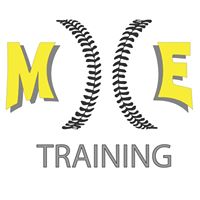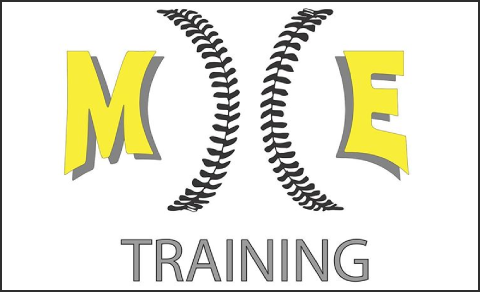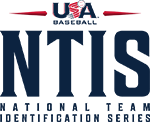No two pitchers are exactly alike. A major reason for this is because everyone has a slightly different release point. For that reason, certain pitches will be more effective for pitchers.
I’ll go over the three most common types of release points, as well as which pitches work best for pitcher’s that employ those arm slots and then you can choose which one is best for you…

High 3/4

(AP Photo/Ted S. Warren)
Very rarely is a pitcher directly “over the top”. Clayton Kershaw is probably the closest to that. Most pitchers throw from a high 3/4 delivery. The reason for this is because it enables pitchers to maximize their velocity and their command while also putting less strain on their arm than dropping down. The reason it puts less strain on your arm is because you’re using your larger muscle groups now. For that reason, it’s better for the longevity of a career. Here’s the pitches that work best with this arm slot:
- Two-seam fastball: This arm slot will give you better downward movement on your two-seam fastball. Hitters do not want to see that.
- Four-seam fastball: With this arm slot you will have your best velocity and command. A well-placed four-seam fastball will always be effective.
- Curveball: Your curveball will have that “12-to-6” action as opposed to sweeping action. This gets swings-and-misses and weak contact. Hitters only see half of the ball. It messes up their depth perception.
- Change-up: The higher your arm angle is, the more effective a change-up will be. You want that downward and fading movement in order to miss bats.

Low 3/4

(Photo Credit: Brad Mills/USA Today)
This is just above a sidearm release point. This is very hard on the inside of the elbow and shoulder. You are using smaller muscles and it puts strain on the ligaments. While this release point may get you the results you want, it can also cause more injuries. The plus side is that you will get more movement, which is more important than velocity. I tell some righties to do this because they can get by with lesser velocity when they are adding deception. Suddenly that 81 or 82 MPH looks better to colleges. Here’s the pitches that work best with this arm slot:
- Two-seam fastball: This arm slot will get you fade on your two-seam fastball and be very uncomfortable for righty-on-righty or lefty-on-lefty at bats. You will have less margin for error, though, because of the diminished velocity.
- Slider: You will get more tilt on your slider because you are ‘getting around the ball’ as opposed to ‘staying on top’. This can be effective, but it can also move into the sweet spot for a hitter and make it easier to drive.
It is very difficult to throw an effective change-up from this arm slot because you will get more fading action than drop and hitter’s prefer that. With the exception of Max Scherzer, pitchers with this arm slot tend to not have effective curveballs. It’s going to give you more of the sweeping action. The other downside is on pick-offs and comebackers. You’ll see a lot of pitchers have a ‘deer-in-the-headlights’ look on a comebacker because suddenly they forgot how to throw overhand. You’ll also need to decide if you are using this arm slot on pickoff throws or not.

Submarine

(Screen grab from Moneyball film)
This is actually less strain on your arm because it’s a more natural motion than overhand. Throwing overhand is an unnatural motion. With submarine pitchers, they are almost like softball pitchers and they pitch almost everyday like this. The other benefit of this is deception. We’ve seen pitchers like Dan Quisenberry and Chad Bradford have successful careers because hitters have trouble adjusting to this. It is very difficult to find a consistent release point that you can throw strikes with. You will have to work on this a lot before you get comfortable enough to use it in a game. The pros and cons of this are the same as low 3/4, but even more to the extreme. You will get great movement on your fastball and slider, but you will have difficult throwing a curveball and change up. You will also have to get comfortable throwing to bases.
Now that we have gone over the three most common release points and their benefits, you can determine which one you are most comfortable with. It is important that whichever release point you go with, you have to try and repeat it every time in order to have your best command.














